A former Vice President of The Gambia, Fatoumata Tambajang, says Nigerian women have to be deliberate in contesting elections and map out clear strategies for success.
Fatoumata spoke at a forum in Abuja on Friday, where the Economic Community of West African States (ECOWAS) and Women in Politics Forum also had participants.
The participants strategised on ways women can clinch elective positions in the 2023 polls.
It was organsied by the Centre for Democracy and Development (CDD) on “Women and Electoral Politics in 2023: Setting the Agenda”.
The event also witnessed the launch of a report interrogating 20 years of democracy..
Tambajang said that a woman who wants to participate in decision making has to develop an agenda ,have diplomacy and must have a constituency across board of men, women and youths.
“In the issue of Nigeria today, due to the bills that have not been adopted, I will like to recommend that you have to develop a strategy for 2023.

“You have to identify competent women among you and build a coalition among women, forget about yourselves and your sense of differences and work for the empowerment of women.
“You must also identify men from different levels, even from the executive, and then have your conferences; bring men and women together to vote for women.
“One of these strategies is that you have to be bold to tell men that if you don’t put us in governance ,if you don’t give us opportunity in politics, we are going to have professional defiance, which is, we are not going to vote for the men.’’
Tambajang said that when women threaten men with losing their number in elections, they would adjust, because no political party would want that.
She also advised women to leverage the laws and charters adopted by Nigeria, then use them as basis to hold them accountable.
Tambajang also urged Nigerian women to mobilise millions of votes by signing petitions both live and on internet to submit to all the arms of government.
“That way, their voices would be heard too,’’ she said.
Dr Sintiki Ugbe, Director, Humanitarian and Social Affairs, ECOWAS, said that Africa is one region where women have not really been participating in politics.
The director said that ECOWAS had, therefore, come up with a strategy to tackle it.
Ugbe said that different barriers ranging from cultural, religious beliefs, to income inequalities were some of the major obstacles that hindered women participation in politics.
“It will surprise you to know that out of the 15 countries that we have in west Africa, nine have a sort of legislation or reserved seats for women, but where is Nigeria?Nigeria is not among them.
“If you are a member of a community, how come you have nine that have some form of affirmative action and quota systems and we as Nigerians don’t have any form of affirmative action or quota?
“Senegal is ahead with its gender parity law, Guinea is there with its parity law ,Rwanda is there, Cape Verde is there, they are all members of ECOWAS.
“I think that is not impossible to achieve in Nigeria, that was why ECOWAS came up with the Gender and Election Strategic framework so that our member states can know that there are 10 areas they need to work on to ensure equal participation and representation.’’
Ugbe said that with constant mentorship and leadership programmes, women would be well equipped with the right skills for vie for leadership positions.
A legal practitioner, Frank Tietie, advised women to leverage existing laws and the constitution to demand for their rightful place in politics.
Tietie, who is also the Executive Director, Citizens Advocacy for Social and Economic Rights, encouraged women to establish women political parties to contest for elective positions.
He said that section 40 of the constitution empowered Nigerian women to form a political party exclusively for women.
This, he said, would give them some type of power and a voice in the political sphere.
He also urged women to raise funds and garner support from Nigerians so that financial constraints they experience would reduce.
The President, Women in Politics Forum, Ebere Ifendu, said that affirmative action would have helped the marginalised groups to participation in politics, but it was turned down by the National Assembly.
Ifendu said that all the parties that had held conventions had not given women reasonable positions.
“Consensus does not favour women, so far, all the parties that have conducted election still don’t have enough space for women, only the position of women leaders; we were targeting working committee.
“It shows that women still need special seats through affirmative action, and from the way things are going, 2023 election might still witness low women in politics if deliberate action is not taken.
“This is where legislation would have helped us because every political party would have been compelled to put into consideration special seats for women to participate .’’
Ifendu said that the country was going through a lot of challenges but some of these were because enough women were not part of governance.
She called for support and collaborative effort by all stakeholders to improve women participation in politics so they could contribute their own ideas, expertise and augment the effort for national development.
Mr Austin Aigbe, Senior Programme Manager, CDD, said that the programme was organised to underpin women’s participation in politics and to strategise on increasing their participation in the 2023 elections. NAN



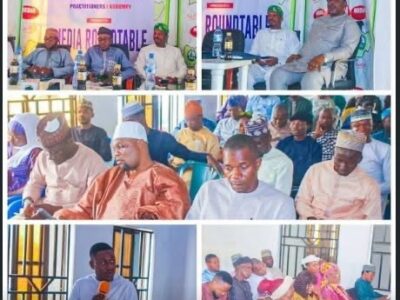
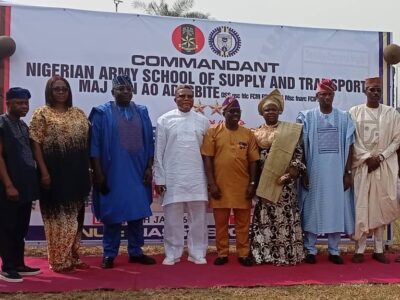

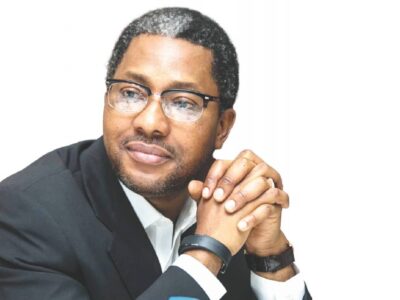
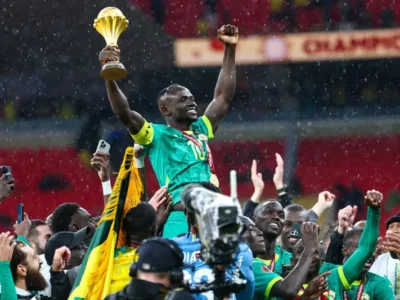
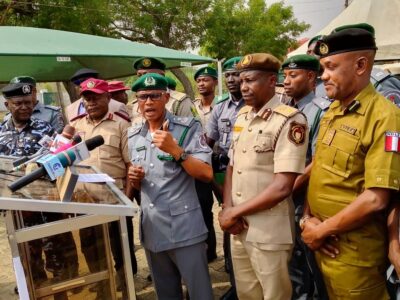

Comments